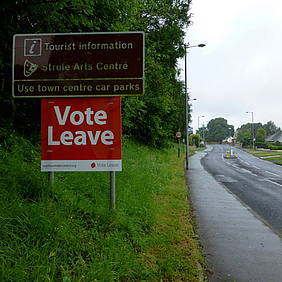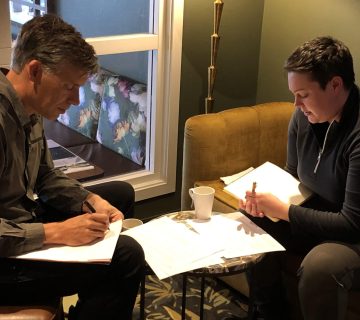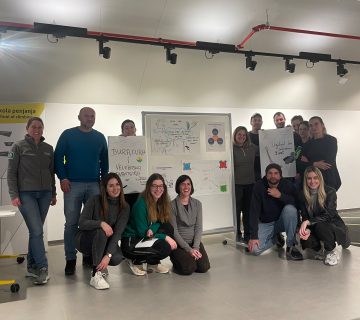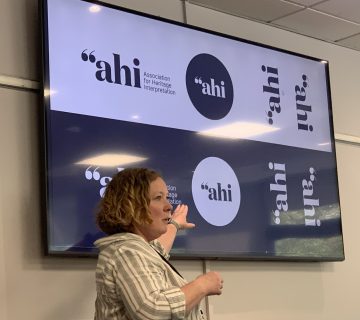It’s easier to speak of our values than to live them in our practice.
‘Deeds, Not Words!’ is what the suffragettes in Britain demanded in their fight for votes for women. It is still a valid demand, and one that I think about a lot these days while I am curating an exhibition about struggles for social inclusion and justice. The truth is, I don’t think our actions live up to our words often enough, especially when it comes to the social impact of our practice in museums and at heritage sites.
Our literature states that interpretation is about promoting ‘understanding’. Interpretation, it reads, can ‘expand horizons’. For years, best practice guidance has been advocating ‘involving diverse communities’ to honour and capture their knowledge and experience of heritage. As the British Museums Association writes in its vision paper, Museums Change Lives, museums aim to ‘champion a fairer and more just society’ and be representative of and celebrate diversity.
When I hear ‘promote understanding’, I don’t just hear, ‘understanding of what I think’. When I hear ‘expand horizons’, I hear, ‘in all directions’. To ‘champion a fairer and more just society’, to me, means ‘standing up against injustice even if I am not affected’. Diversity, to me, is to welcome different viewpoints even if they challenge me. This is how I understand the values we claim as interpreters, and what I measure our actions by.
I know it is not easy to let deeds follow these values. There are a lot of reasons why it doesn’t always work out. However, I don’t think we can be satisfied with the status quo. We must strive to do better.
When I write that we ‘must do better’, I am implying that what we do now is not good enough. Some feel offended by this. I often speak about my experience of the Brexit referendum in the UK in this context, to explain why I think it is so crucial to be self-critical in this regard. I had become one of the maligned ‘migrants’. It mattered immensely that the only response from the sector were statements about the pros and cons of leaving the EU. The first time the Museums Association, for example, acknowledged the negativity of what the United Nations called the ‘divisive, anti-immigrant and xenophobic rhetoric’ of the Brexit debate, was after the referendum. The sector, in my view, failed in this instance: it signalled that, despite its claims about valuing diversity and inclusion, it didn’t care about what was happening to us ‘migrants’.
I am now back in my native Germany. It’s in my power now to speak up for the maligned over here. I often feel defensive too when I’m told that, as a member of the majority, I allow marginalisation to happen, or even perpetuate it myself. My own experience in the UK has taught me, however, that I should listen. Only then can my actions truly live up to my values – even if it’s difficult, and I don’t always know how.
Nicole Deufel is Interpret Europe’s Research Co-ordinator and Vice President for Strategy for ICOMOS ICIP. She holds a PhD in Heritage Studies and works as Head of Museums at the City of Oldenburg in Germany. She can be contacted at: Nicole.deufel@interpret-europe.net.
To cite this article:
Deufel, Nicole (2017) ‘Deeds, Not words’. In Interpret Europe Newsletter 4-2017, 3.
Links:
Museums Association vision paper: https://www.museumsassociation.org/download?id=1001738
Guardian Article on ex-UK Prime Minister David Cameron’s use of the term ‘migrant’: https://www.theguardian.com/uk-news/2016/jan/27/david-camerons-bunch-of-migrants-quip-is-latest-of-several-such-comments
CC LICENCES FOR THE IMAGE : https://creativecommons.org/licenses/by-sa/2.0/




